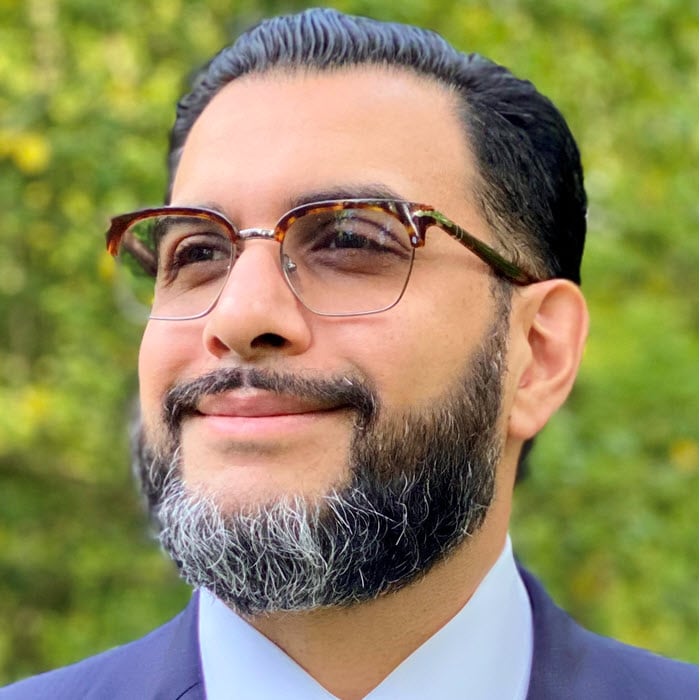Quote-with-link. Do not delete! This box/component contains JavaScript that is needed on this page. This message will not be visible when page is activated.
Site-within-site Custom CSS. Do not delete! This box/component contains JavaScript that is needed on this page. This message will not be visible when page is activated.
Insert Custom HTML fragment. Do not delete! This box/component contains code
that is needed on this page. This message will not be visible when page is
activated.
+++ DO NOT USE THIS FRAGMENT WITHOUT EXPLICIT APPROVAL FROM THE CREATIVE
STUDIO DEVELOPMENT TEAM +++
Services
-
ConvergeHEALTH by Deloitte
ConvergeHEALTH brings together analytics platforms and data models, enabling health care and life sciences organizations to answer the “hard questions.”
-
Audit & Assurance Services for the Life Sciences & Health Care Industry
You push to gain understanding and envision new possibilities. We’ll help you sharpen your understanding today to help you redefine tomorrow’s breakthroughs.
-
Health care regulatory services
Assisting health care organizations understand emerging regulatory policy and maintain compliance with federal rules, regulations, and leading practices.








